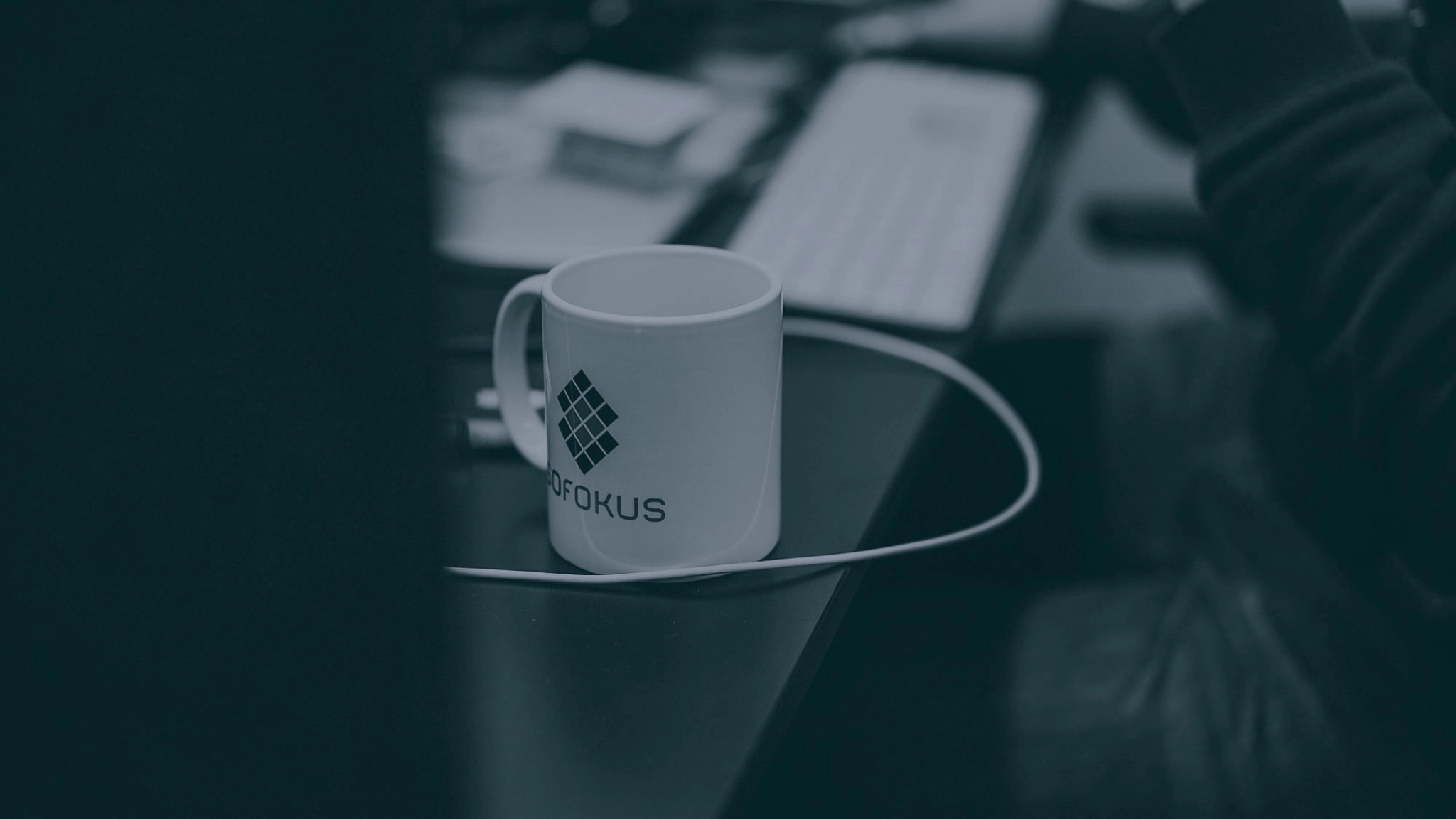
25 | Communication in the New Normal Skot Waldron
In this Better Monday® podcast episode, Milla and her guest Skot Waldron talk about communication in the new normal era.
For almost 20 years Skot has worked with companies such as J.P. Morgan Chase, Royal Caribbean, and The Coca-Cola Company. He started his career by focusing on external communication but sifted to internal communication about four years ago. Nowadays Skot is an internal communication strategist who uses his extensive knowledge of brand development to build loyalty amongst individuals, teams, and organizations.
Skot coaches both leaders and teams to sell ideas and sell themselves as a personal brand. He believes the influence you have, your alignment as an organization, and your ability to execute effectively all begin with you and how you communicate.

The pandemic has highlighted two types of communication-related needs
Those who have lost their jobs due to the pandemic or are transferring jobs are facing the need to rebuild their professional brand strategy for job hunting and learn how to sell their expertise. Those who have kept their jobs, in turn, have needed to learn how to manage remote teams and function in them.
The future of work is defined by the digital economy, leadership through influence, agile teams and closing the generational gap
- In the new normal era, we must learn how to function in a global, always-online digital economy and manage things remotely through digital means.
- It’s also about time for leaders to shift their management style towards leadership through influence rather than position through power. Especially Millennials expect their managers to coach them, invest their time in them, offer them growth opportunities and build influence with them.
- As we move on to the future of work, teams can be virtual, geographically dispersed and even function in several time zones. Employers can’t thus be dependent on single individuals when it comes to getting things done. Teams should be formed in an agile manner, and each team member should bring their talents to the table to create deliverables.
- As Millennials and Gen Zs are stepping into work life, cultural clashes with baby boomers can cause turmoil. While baby boomers have spent most of their professional lives with structured 9-5 workdays and traditional management methods, the younger generations are looking for a sense of meaningfulness, contributing to the greater good and reaching personal growth.
Two things to keep in mind when it comes to communication in the New Normal era
1) Bathroom breaks are no joke! In hybrid settings, it’s a bit too easy to make the mistake of booking meetings after meetings with no proper breaks in between. Instead of scheduling meetings from 12-13 and 13-14, why not make it 12-12:50 and 13-13:50 and intentionally leave a little room to take a bathroom break, go for a little walk, and grab a snack.
2) Managing conflicts in a hybrid environment is different. In a physical environment, people would stop by at each others’ offices to solve conflicts or perhaps discuss the challenges occurring at the workplace over lunch. Having a difficult discussion in a digital world thus needs to be managed differently, perhaps even more comprehensively to avoid misunderstandings.
Leader, know when to be productive and when to be present!
To Skots mind, balancing productive work time and time spent present with other people is crucial for leaders. For allocating time more intentionally, Skot strongly recommends a system called Five Gears
- 5th gear: task-centred gear, notifications turned off, getting things done
- 4th gear: multitasking, checking emails, some phone calls
- 3rd gear: break time with colleagues, social time, taking the first five minutes of a meeting for casual talking
- 2nd gear: watching a movie, putting the phone away, spending time with the family
- 1st gear: personal recharge time, reading a book, going for a bicycle ride, whatever makes you happy
To get a better understanding of how you spend your time, try to analyze in which gears you are for 24 hours. Consultant agency Giant, for instance, offers tools for this.
A culture of permission is key for supporting the well-being of employees
If you give people the space to take longer lunch breaks, don’t let them feel bad or stressed afterwards. Be authentic about the permissions you give to people, set up guidelines, and be clear in your communication about your expectation about that other individual. Live and breathe your values, and be genuine about the permissions you give to your employees.
More info about Skot Waldron and the episode
- Episode highlights
- 01:15 What makes a Better Monday for Skot?
- 02:45 Who is Skot Waldron?
- 06:45 What does the future of work look like according to Skot?
- 13:15 How does hybrid and remote communication differ from face-to-face communication?
- 17:30 Tips for leaders to step up their remote and hybrid communication
- 26:00 Tips on how companies can support their employees work-life balance and happiness at work
- 33:30 How does Skot take care of himself and his work-life balance?
- 35:10 What makes a company a better employer than others according to Skot?
- Learn more about the five gears of productivity
- Skot’s Linkedin profile
Shortcuts
- The pandemic has highlighted two types of communication-related needs
- The future of work is defined by the digital economy, leadership through influence, agile teams and closing the generational gap
- Two things to keep in mind when it comes to communication in the New Normal era
- Leader, know when to be productive and when to be present!
- A culture of permission is key for supporting the well-being of employees
- More info about Skot Waldron and the episode